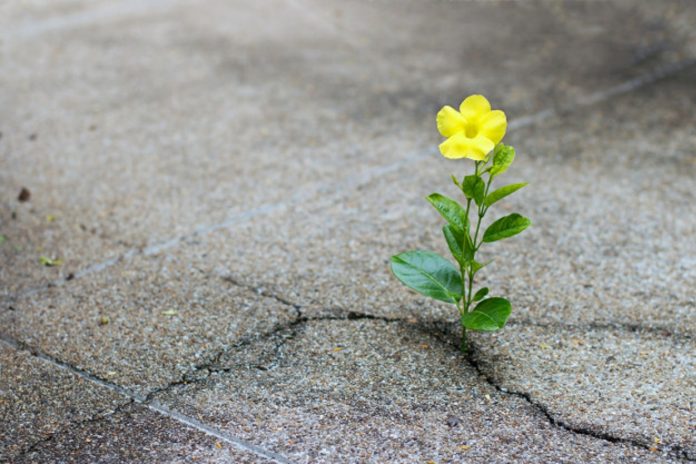- How often have we not heard about the time-tested adage that there is a will, there is a way? Innumerable times, many of us would say in unison. The context and content of the adage apply to different scenarios as well as circumstances, but the inherent meaning of the sentence does not alter much. Simply put, the adage denotes how we can firm up our resolve to press ahead with anything envisaged. Still, it mostly refers to concretizing our planned move to initiate long-delayed measures. It could be anything from a simple move like starting physical exercise, reading, traveling, studying, business enterprise, or for that matter, professional advancement. The idea is to start something in earnest that has been procrastinated for a long time.

PC: Assignment Point
- The same can be juxtaposed to comprehend how our political class bandies about developmental agenda ostensibly to further the nation’s growth on several parameters including the betterment of women. Mind you, women in India continue to be subjected to the millennium-old patriarchal system where misogynistic viewpoints rule the roost. The lot of women has indeed seen some improvement in the last few decades, but the fact of the matter is that Indian society is still loathe to extend absolute parity to the other gender. Most hearteningly, none of the so-called economic fields in the country are unrepresented by women but the bias exists since there is that widespread belief that certain things cannot be entrusted to the other gender.
- Let us look at how our political class extends the red carpet to women in the nation’s decision-making process vis-à-vis reservations in the governance at panchayat, state assembly, and parliamentary levels. None of the major political parties at the national level are found to be walking the talk to extend 33% reservation for women candidates to contest in the ensuing Lok Sabha elections. However, it’s noteworthy to mention Naveen Patnaik’s BJD will field 33% women candidates, that is seven women, to contest in Odisha’s Lok Sabha polls to 21 seats. Note that five of the seven fielded in 2019 had won. The moot point to ponder over here is why some of the mainstream national parties are not nominating more women candidates to contest.

PC: FirstCry
- Per news reports, Odisha’s grassroots govt program Mission Shakti of self-help groups, launched by Naveen’s govt in 2001, vaulted Oriya women into economic activity and helped them access credit. From banking to making decisions, the panchayat-block district-level network enabled women. The govt scheme became a social movement; it took savvy Naveen no time to mobilize political support, and a pipeline for women’s political empowerment – making the 50% of women in Panchayati Raj institutions all too possible. The outgoing LS has 14% women. One would have expected the passage of the women’s bill would inspire parties to field more women -but the first phase has barely 8% women nominees. It’s time the politicians walk the talk.






